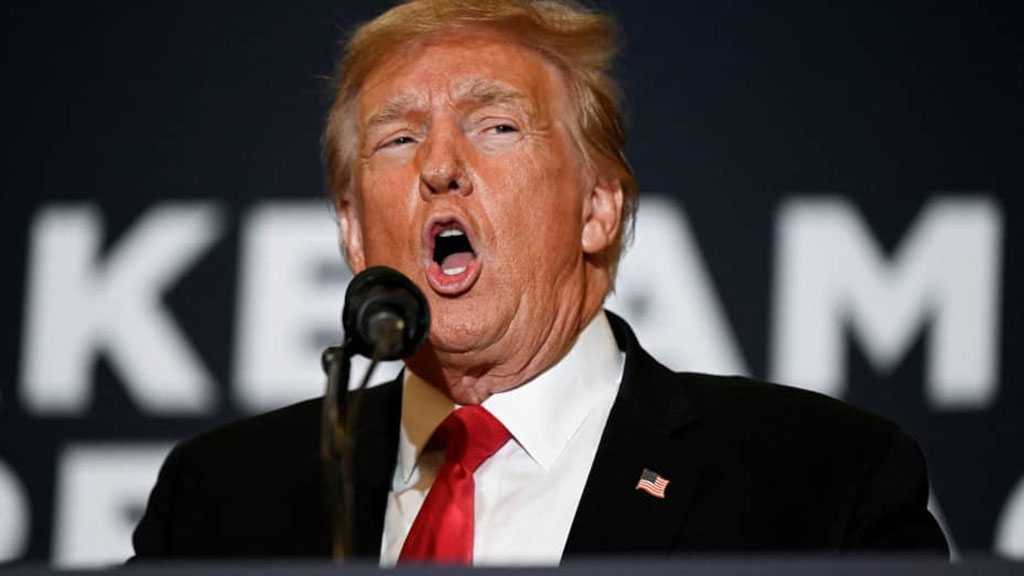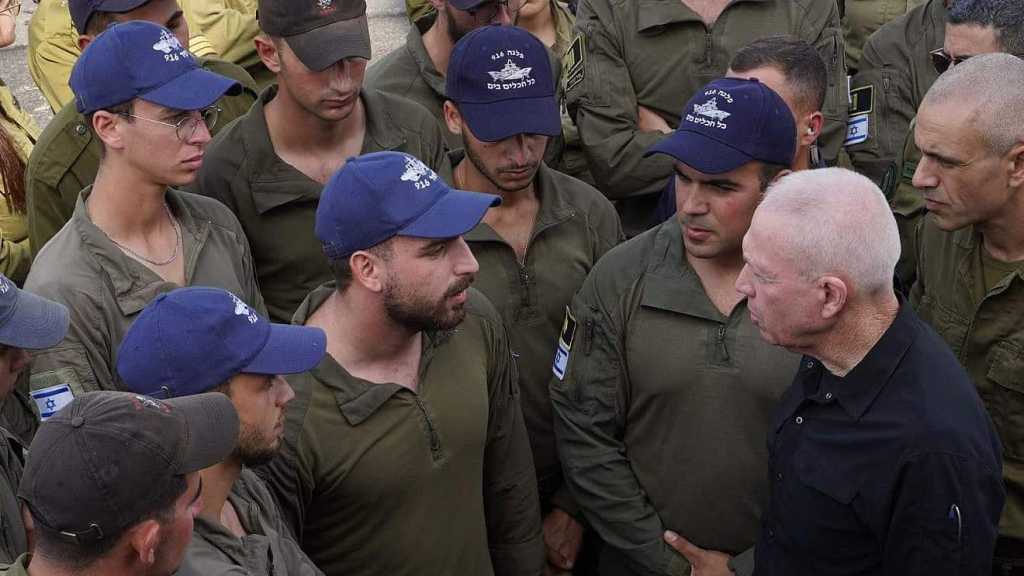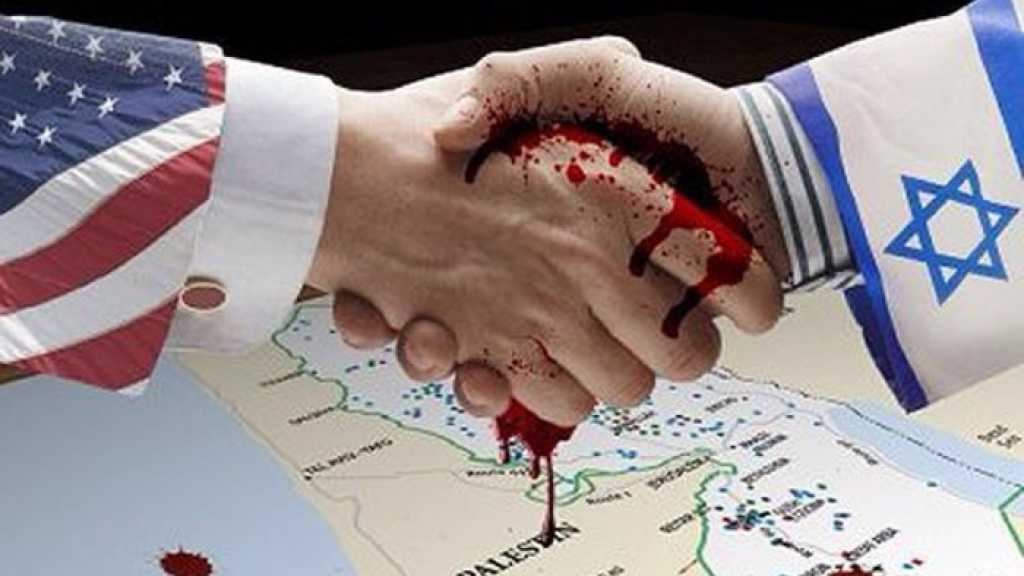
Red Team

Foreignpolicy.com, 30-07-2010
While it is anathema to broach the subject of engaging militant groups like Hizbullah and Hamas in official Washington circles (to say nothing of "Israel"), that is exactly what a team of senior intelligence officers at U.S. Central Command -- CENTCOM -- has been doing. In a "Red Team" report issued on May 7 and entitled "Managing Hizbullah and Hamas," senior CENTCOM intelligence officers question the current U.S. policy of isolating and marginalizing the two movements. Instead, the Red Team recommends a mix of strategies that would integrate the two organizations into their respective political mainstreams. While a Red Team exercise is deliberately designed to provide senior commanders with briefings and assumptions that challenge accepted strategies, the report is at once provocative, controversial -- and at odds with current U.S. policy.
Among its other findings, the five-page report calls for the integration of Hizbullah into the Lebanese Armed Forces, and Hamas into the Palestinian security forces led by Fatah, the party of Palestinian Authority President Mahmoud Abbas. The Red Team's conclusion, expressed in the final sentence of the executive summary, is perhaps its most controversial finding: "The U.S. role of assistance to an integrated Lebanese defense force that includes Hizbullah; and the continued training of Palestinian security forces in a Palestinian entity that includes Hamas in its government, would be more effective than providing assistance to entities -- the government of Lebanon and Fatah -- that represent only a part of the Lebanese and Palestinian populace respectively" (emphasis in the original). The report goes on to note that while Hizbullah and Hamas "embrace staunch anti-"Israel" rejectionist policies," the two groups are "pragmatic and opportunistic."
The report opens with a quote from former U.S. peace negotiator Aaron David Miller's book, The Much Too Promised Land, which notes that both Hizbullah and Hamas "have emerged as serious political players respected on the streets, in Arab capitals, and throughout the region. Destroying them was never really an option. Ignoring them may not be either." The report's writers are quick to acknowledge that the two militant groups "are vastly different," and that treating them together is a mistake. Nevertheless, the CENTCOM team directly repudiates "Israel's" publicly stated view -- that the two movements are incapable of change and must be confronted with force. The report says that "failing to recognize their separate grievances and objectives will result in continued failure in moderating their behavior."
"There is a lot of thinking going on in the military and particularly among intelligence officers in Tampa [the site of CENTCOM headquarters] about these groups," acknowledged a senior CENTCOM officer familiar with the report. However, he denied that senior military leaders are actively lobbying Barack Obama's administration to forge an opening to the two organizations. "That's probably not in the cards just yet," he said.
In the wake of the Gaza flotilla incident, "Israeli" Deputy Foreign Minister Daniel Ayalon said that those on board the Mavi Marmara, the scene of the May 31 showdown between "Israeli" commandos and largely Turkish activists, had ties to "agents of international terror, international Islam, Hamas, al Qaeda and others." The same senior officer wasn't impressed. "Putting Hizbullah, Hamas, the Muslim Brotherhood and Al Qaeda in the same sentence, as if they are all the same, is just stupid," he said. "I don't know any intelligence officer at CENTCOM who buys that." Another mid-level SOCOM [Special Operations Command] officer echoed these views: "As the U.S. strategy in the war on terrorism evolves, military planners have come to realize that they are all motivated by different factors, and we need to address this if we are going to effectively prosecute a successful campaign in the Middle East."
Comments



